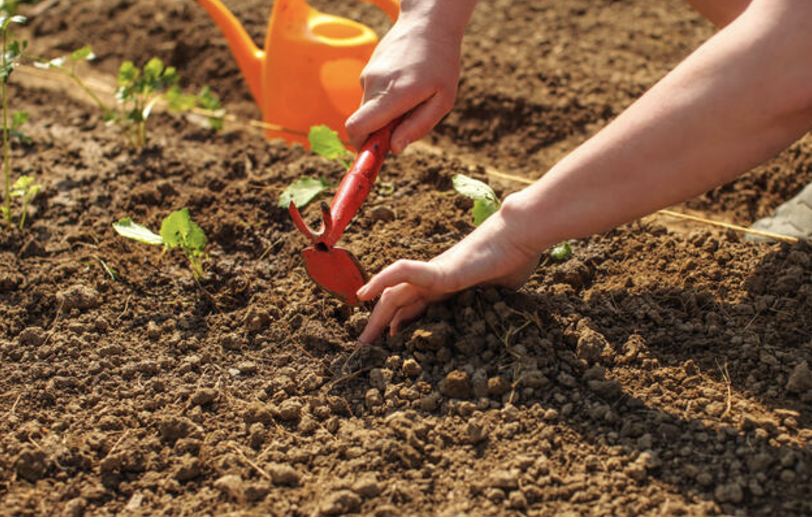
If you’re diving into the world of vegetable gardening, one of the most important things to get right is your soil. Healthy soil is the foundation for vibrant plants and a bountiful harvest. One of the best ways to achieve that is by using organic soil amendments. These natural materials can help improve your garden’s soil structure, boost fertility, and create a thriving environment for your veggies. Let’s chat about some of the best organic soil amendments you should consider for your vegetable garden. I do realize not everyone has a compost bin or access to manure so I do have some of my favorite store bought suggestions below!
*I may earn a commission at no additional cost to you. I only add products I believe in.
- Compost: The Garden Superfood
First up is compost. This wonderful stuff is made from decomposed organic matter, which can include kitchen scraps, yard waste, and other plant materials.
Why It’s Great: Compost is like a superfood for your garden! It enriches the soil with nutrients and beneficial microorganisms, improves soil structure for better aeration, and enhances water retention. Plus, it helps keep soil-borne diseases and pests at bay.
How to Use It: Just mix a few inches of compost into the top layer of your garden soil before planting. You can also sprinkle it on top as a dressing while your plants are growing.
Recommended Product: Ribbon Organics OMRI Certified Organic Compost
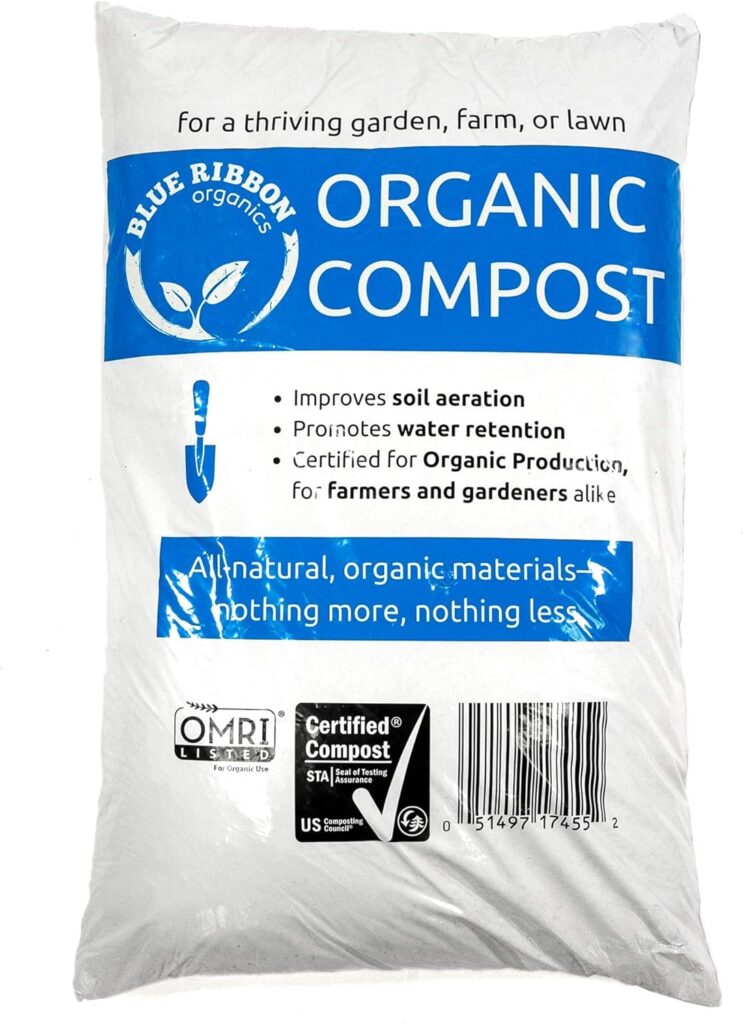
2. Well-Rotted Manure: Nature’s Fertilizer
Next, let’s talk about well-rotted manure. This nutrient-rich amendment comes from animals, like cows, horses, and chickens.
What Makes It Special: Manure is packed with essential nutrients like nitrogen, phosphorus, and potassium, which are crucial for plant growth. It also helps improve soil structure and encourages the activity of beneficial microorganisms.
How to Use It: Make sure to use well-rotted manure (at least six months old) to avoid burning your plants. Mix it into the soil before planting or apply it as a side dressing during the growing season for a nutrient boost.
Recommended Product: Black Kow Nitrogen Phosphate Composted Cow Manure Fertilizer
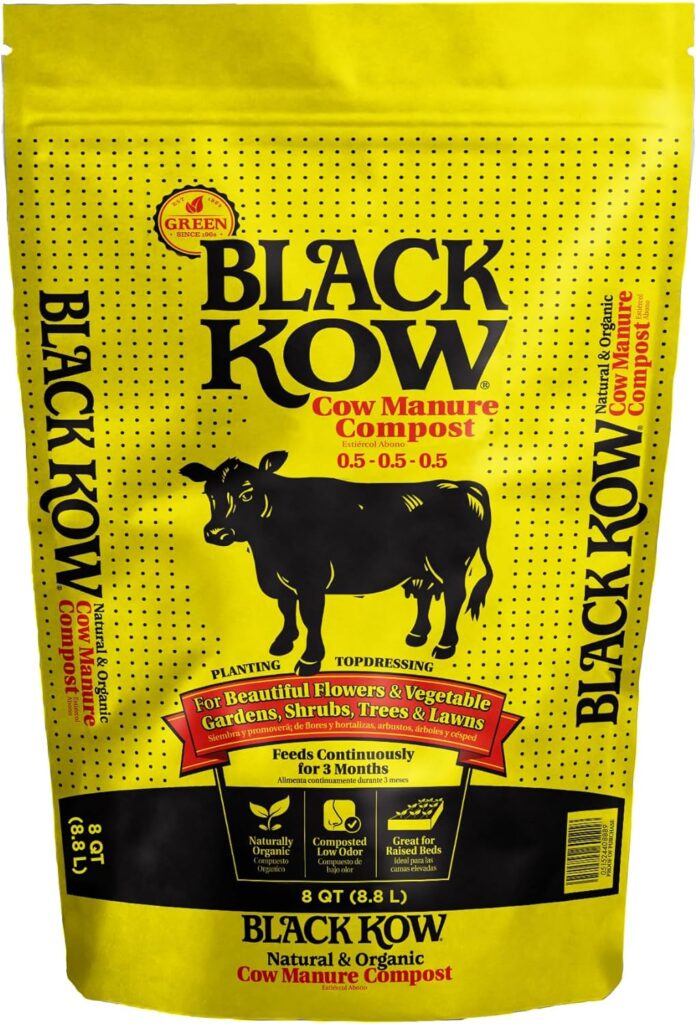
3. Peat Moss: The Moisture Retainer
Peat moss is another fantastic organic amendment. It’s harvested from peat bogs and consists of partially decomposed plant material.
Why You’ll Love It: Peat moss improves soil aeration and drainage, which is great for root development. It also helps retain moisture, so your plants stay hydrated. Plus, it has a slightly acidic pH, which can be beneficial for certain plants.
How to Use It: Mix peat moss with your garden soil, aiming for about one part peat to three parts soil. This will help improve texture and moisture-holding capacity.
Recommended Product: Black Gold Peat Mosshttps://amzn.to/3BSr5B9
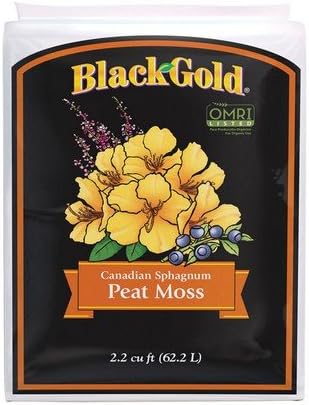
4. Leaf Mold: Transforming Leaves Into Gold
Leaf mold is another organic option that many gardeners love. It’s made from decomposed leaves, and it’s easy to create if you have access to fallen leaves.
Benefits: Leaf mold is fantastic for improving soil structure and moisture retention. It also contains beneficial fungi that can help your plants thrive.
How to Use It: Simply mix leaf mold into your garden soil or use it as a top dressing. It’s especially great for adding organic matter to your soil.
Recommended Product: NO recommended product for this one. If you don’t have leaves in your yard, maybe you can rescue a neighbor with too many leaves!?
5. Bone Meal: The Root Booster
Bone meal is a great organic amendment high in phosphorus, which is essential for root development and flowering.
Why It’s Beneficial: This amendment helps promote strong root systems and improves flowering and fruiting in plants.
How to Use It: Sprinkle bone meal in the planting hole when you’re setting out new plants or mix it into the soil before planting.
Recommended Product: True Organic Bone Meal Granular Fertilizer
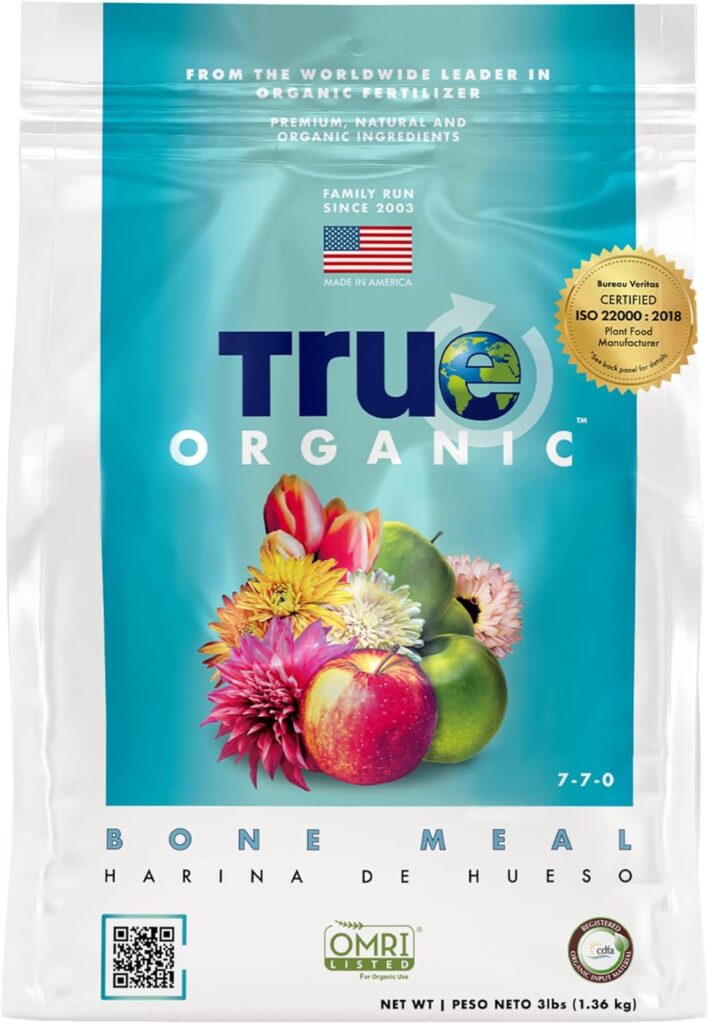
6. Worm Castings
Worm castings are a powerhouse addition to any vegetable garden, providing a rich, organic source of nutrients that promote healthy plant growth. Packed with essential minerals like nitrogen, phosphorus, and potassium, worm castings improve soil structure, enhance water retention, and encourage beneficial microbial activity.
Why It’s Beneficial: They release nutrients slowly, ensuring your vegetables receive a steady supply of nourishment throughout the growing season. Additionally, worm castings can help suppress plant diseases and pests naturally, making them an eco-friendly and effective way to boost garden productivity.
How to Use It: To enrich your soil, mix 1–2 inches of worm castings into the top layer of your garden bed or planting area before planting. For individual plants, sprinkle a handful of castings into the hole before placing the seed or seedling. You can also create a worm casting tea by mixing a cup of castings with a gallon of water, letting it steep for 24 hours, and then using it to water your plants. Reapply castings every few weeks during the growing season to keep your vegetables thriving.
Recommended Product: 100% Pure Organic Worm Castings Fertilizer
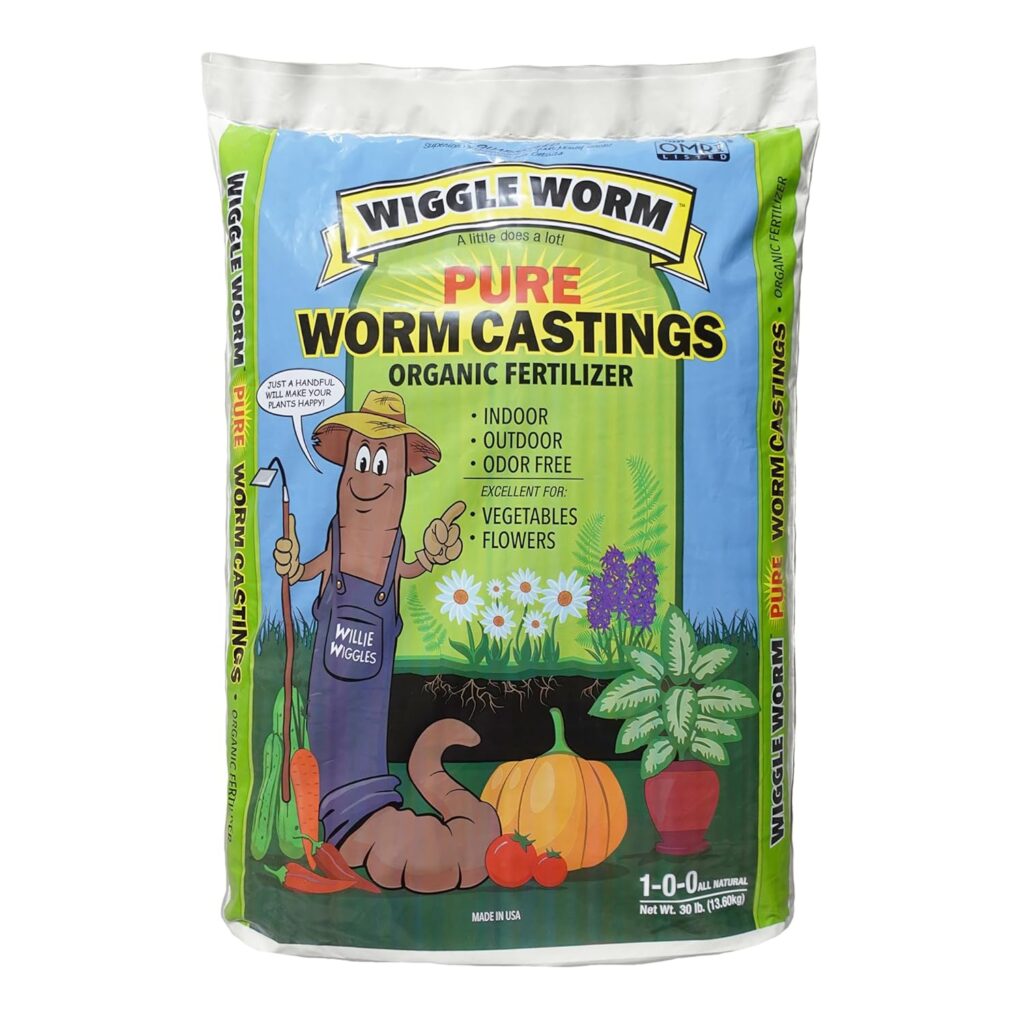
Using organic soil amendments is a fantastic way to create a healthy environment for your vegetable garden. Whether you go for compost, well-rotted manure, peat moss, leaf mold, bone meal or worm castings (my personal fave) each of these amendments will help nourish your soil and support your plants. By investing a little time and effort into your soil, you’ll be rewarded with a vibrant, productive garden. Happy gardening!
